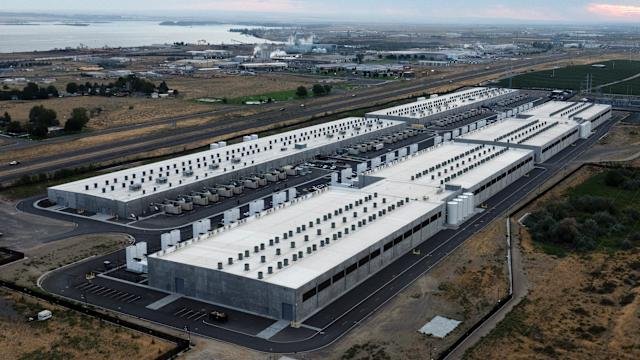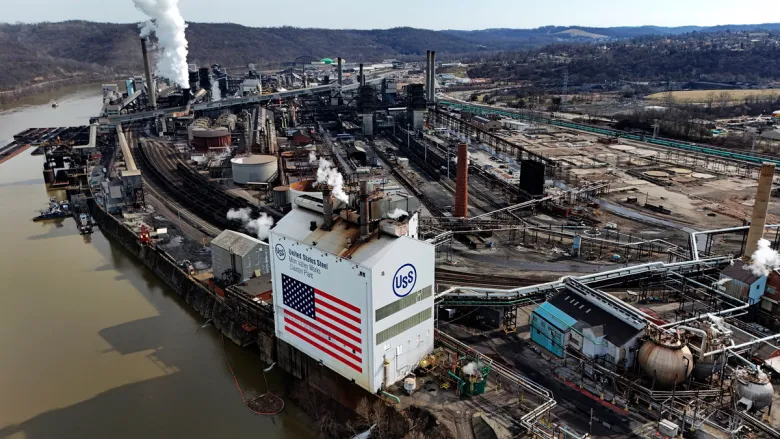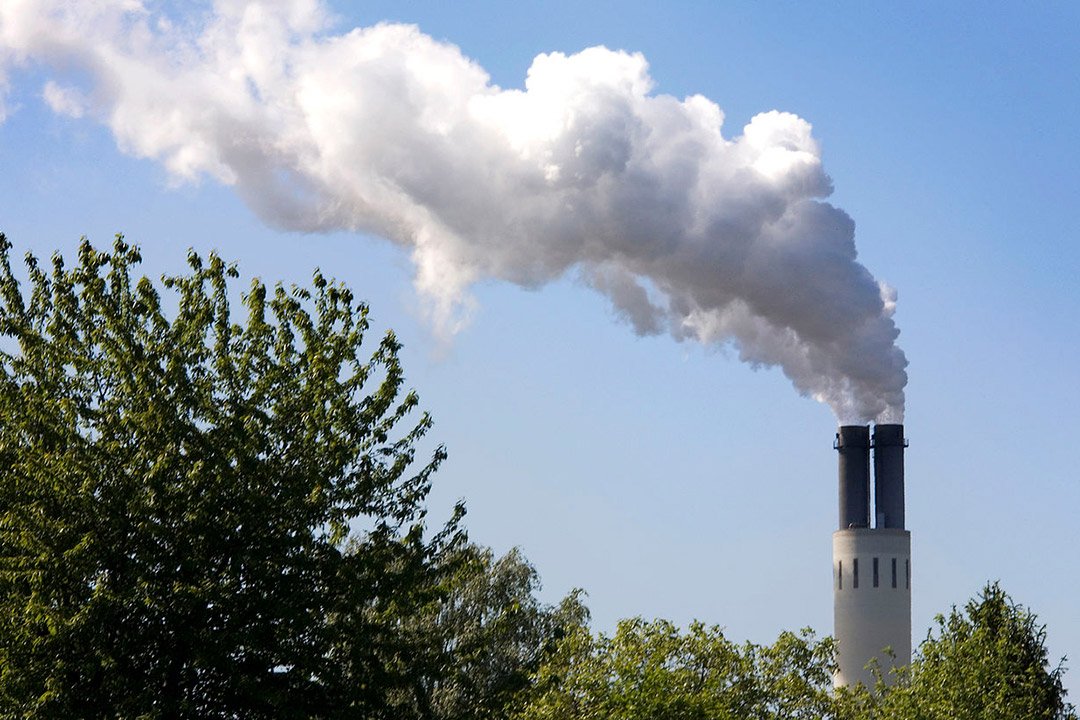US Carbon Emissions Regulation Repeal: What’s at Stake for Climate Policy?

The US carbon emissions regulation repeal is set to reshape the nation’s environmental policy. The government is moving to eliminate the Endangerment Finding, a landmark 2009 decision that empowers the Environmental Protection Agency (EPA) to regulate greenhouse gases as harmful pollutants. If successful, this repeal could drastically reduce federal authority to combat climate change.
Endangerment Finding and the Fight Over Carbon Emissions Regulation in the US
The Endangerment Finding originated from a 2007 Supreme Court ruling. It stated that greenhouse gases fall under the definition of air pollutants, giving the EPA legal grounds to regulate them. Two years later, the EPA formally declared that emissions from vehicles, factories, and power plants pose threats to public health and contribute to climate change.
This finding forms the legal basis for emission standards set under the Clean Air Act. Without it, many of the rules aimed at reducing pollution could be invalidated.
Trump’s Push for US Carbon Emissions Regulation Repeal
President Donald Trump has long opposed federal climate regulations. He argues they slow economic growth and limit personal freedom. On returning to office in January, Trump instructed the EPA to reassess the Endangerment Finding’s legality and relevance.

EPA Administrator Lee Zeldin recently described the repeal as a critical step in dismantling what he called “the climate change religion.” He claimed emissions rules distract from real economic issues and vowed to eliminate them to reduce regulatory burden.
Economic vs. Environmental Concerns
The EPA estimates that repealing these standards could save Americans around $54 billion annually. These savings would come from reversing regulations such as vehicle emissions limits and electric vehicle mandates introduced under the Biden administration.
However, critics warn that these savings come at a high environmental cost. Removing limits on carbon dioxide, methane, and other pollutants could worsen the climate crisis, especially as the US is among the world’s top emitters per capita.
Immediate Impact on Vehicle Emissions

If finalized, the new EPA rule would revoke emission standards for light-duty vehicles established in 2010 and medium to heavy-duty vehicles set in 2011. This move would significantly loosen restrictions on the automotive and transport industries, which are major contributors to greenhouse gas emissions.
Legal Challenges Expected
Legal experts predict strong opposition in the courts. The EPA’s authority to regulate emissions is rooted in Supreme Court decisions. Stripping that authority could spark multiple lawsuits from states, environmental groups, and legal scholars.
Richard Revesz, a law professor at New York University, warned that repealing the Endangerment Finding would undermine nearly all existing EPA greenhouse gas regulations. Even if the repeal is challenged, the delay and uncertainty could hinder progress in climate policy.
Political Backlash and State-Level Response
Governors from states like California and Wisconsin have sharply criticized the proposed repeal. They accuse the administration of ignoring science and undermining public health protections. In a joint statement, they emphasized that climate change is real and greenhouse gases are dangerous pollutants.

“Firing scientists and manipulating research won’t change facts,” the governors said. “Greenhouse gases cause climate change and threaten our communities—plain and simple.”
What Happens Next?
The EPA’s draft rule will go through a public comment period and interagency review. Until a final decision is reached, existing emissions standards remain in place. However, uncertainty looms, and climate advocates fear a rollback in US environmental leadership.
The repeal of the Endangerment Finding could become one of the most consequential climate decisions in US history. Its outcome will likely shape federal climate action for years to come. US carbon emissions regulation repeal.




